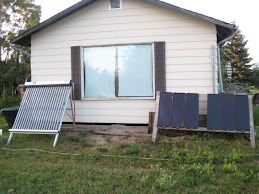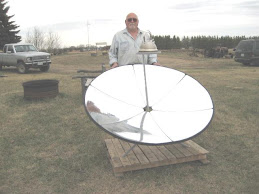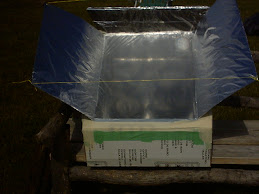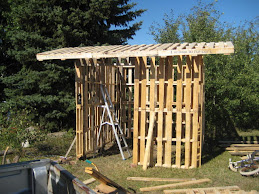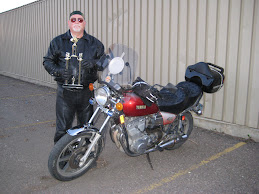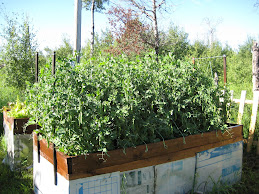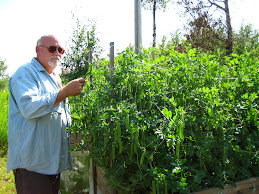Credit Card - What not to do if you have one. Do you really need one?
Recently Marcia Frellick, CreditCards.com wrote on Yahoo fiance about 15 times you should not use your Credit Card, you can view the complete article
here It is important that all Credit Card users read this. However I want to highlight a couple that I think are extra important.
You should not be using your Credit Card,
If you're paying off one card with another, and it's a habit. I have seen bumper stickers that say “What do you mean I can't pay off my MasterCard with my Visa Card” If that is your thinking it is time to step back and take a long hard look at your spending habits.
You should not be using your Credit Card, I
f you don't have a plan for paying it off this is something a lot of people do not take into consideration. NO thought is given to how to pay off the Credit Card bill for that impulse purchase of a wide screen TV.
You should not be using your Credit Card,
If you're charging things that you used to pay cash for. This should set the alarm bells to ringing, This is a sure sign that there are some issues that need to be looked at closely. This would include groceries even if you are getting reward points or even 2% cash back.
These are just three of his 15 times not to use a Credit Card. I would add to his list.
If you are just making the minimum payments on your Credit Card then it is time to put it away and not run up anymore debt. As it is it is going to take you years and years to pay off that Credit Card debt and cost several times what your original debt was.
Credit Card debt is unsecured debt, meaning that you can not sell an item to pay it off. With secured debt you can sell the item. like a house or car, and pay it off. You can not sell that restaurant meal you just eat, to pay it off, you can not sell that clothing or shoes and pay off the debt. Credit Card debt is bad debt with high interest.
I have heard all the reasons to have a Credit Card, for emergencies - I saw a sign in a business the other day that said “a lack of planning on your part, does NOT constitute an emergency on our part” the same can be said about a lot of so called emergencies, the car needs tires every 80k miles, so plan for that. The car is going to need repairs, so build that into your budget ahead of time rather then pay off the Credit Card after the fact.
For convenience, use a debit card rather then a Credit Card and when you run out of money stop spending, It is really amazing how simple that is.
There are just some things you have to have a Credit Card. - That is very true, but maybe a hard look at life style choices is needed at this point. I know you can not rent a car with out a Credit Card, but I have not needed to rent a car in the last 20 years so that is a pretty mute issue.
You have to have a Credit Card to reserve a motel room. That is can true and as well I have run across motels that won't even register you without a Credit Card, but you know what, the motel across the street will be glad to take your debit card, and yes I do have to give a deposit sometimes, but I can get by without the Credit Card,
It is possible to manage without a Credit Card, and if you can't keep a handle on your Credit Card usage then you might need to go to straight cash for a while. This is especially relevant with Christmas season just around the corner. You can't spend what you don't have if you are not carrying a Credit Card in your wallet.
Cheap-O Economics









